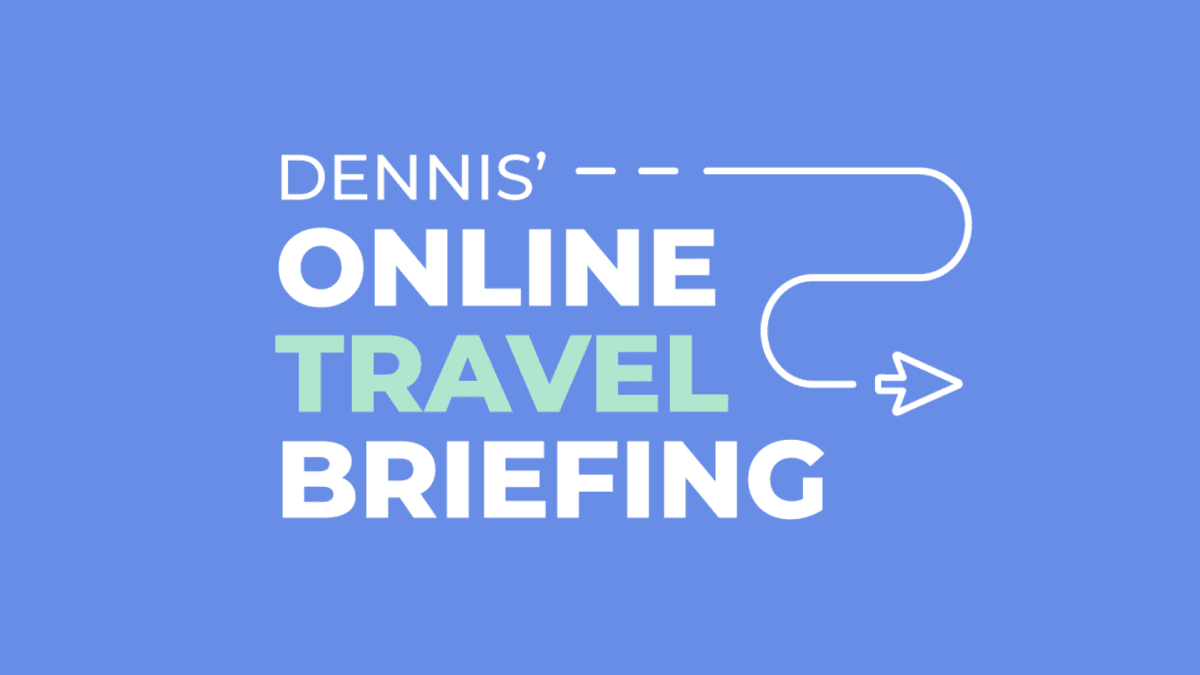Skift Take
Owners and managers in News York City are rushing to sign up their buildings as no-book zones for short-term rentals, but the number of host registrations is paltry so far.
Online Travel This Week
New York City is in the process of getting all the pieces in place to clamp down on illegal short-term rentals pending a July deadline when fines against both hosts and platforms like Airbnb, Vrbo and Booking.com for any non-compliance would begin.
The law is a tough one. Unlike cities like San Diego that cap the number of permissible vacation rental properties or Lucerne, Switzerland, which bars hosts from renting out their units for more than 90 days annually, the Big Apple requires hosts to be present in the same unit during the stay, and prohibits internal door locks within the unit.
Depending on how stringently the law winds up getting enforced — and hosts and platforms have dodged such mandates in the past — this would mean that a host who took a weekend getaway, week-long vacation or owned a second or third home, couldn’t put their properties on the short-term rental market under these circumstances. Big real estate interests and property managers will undoubtably attempt to find loopholes to do business in what Transparent said was the 13th largest U.S. short-term rental market at the end of 2022 as measured by the number of two-bedroom apartments listed as short-term rentals.
Panama City Beach, Florida, was the number 1 market with 3,658 two-bedroom apartments on the short-term rental market at the end of 2022 compared with 1,855 in New York City, according to Transparent estimates.
New York City opened the host application process March 6, and also gave landlords and apartment managers the ability to apply to place their properties on a Prohibited Buildings List, meaning any rental in the building would be barred.
2,362 Prohibited Buildings in the First 9 Days
A spokesperson for the New York City Mayor’s Office of Criminal Justice told Skift Tuesday that its Office of Special Enforcement “has received approximately 81 host registration applications and 2,362 buildings have been added to the Prohibited Buildings List.”
While the applications to designate a building as barred from short-term rentals is ample, the number of host registration applications to date — about nine per day — is paltry.
While the City is adding to its list of buildings where short-term rentals would be barred, based on building manager applications, Airbnb is attempting to sign up multifamily buildings in a variety of geographies, and is building tools for property managers to handle short-term rentals in their buildings.
Owners and other hosts need to prove to the City that their lease or building doesn’t bar short-term rentals to get registered with they city, and they are subject to as much $5,000 fines per infraction for flouting the law. Starting at an unspecified date in July, the City would levy $1,500 fines per infraction against short-term rental platforms that take illegal bookings so they would need to verify the host is registered.
The City is in the process of creating a verification tool for short-term rental platforms, and they don’t have to begin verifying hosts until July, the spokesperson said.
One public policy executive who declined to be identified characterized the July enforcement deadline as “the next inflection point in NYC.”
“For years, Airbnb and our host community have tried to work with the City to develop a regulatory framework that targets illegal hotel operators and protects everyday New Yorkers who share their home, but those pleas have gone unanswered and now thousands of responsible hosts will effectively be prohibited from hosting because of a complicated registration process that was designed to be a de facto ban,” said Nathan Rotman, Airbnb public policy lead. “We will continue to work with the [Mayor Eric] Adams administration to urge for changes that allow hosts to share their home and to simplify the registration process.”
Short-term rental platforms would welcome the City loosening up local restrictions on hosting, but after a multiyear battle over various legislation that appears unlikely.
Expedia and its Vrbo unit, meanwhile, are working with the city on implementation and host education to promote compliance before the July deadline.
Have you ever booked an Airbnb in a building that bars such rentals, and the host advised you to tell any inquiring residents that you are actually the host’s cousin or uncle? You can expect plenty of such bootleg rentals in New York City in the coming months.
In Brief
Luxury Vacation Rental Market Is On a Roll
Can anything stop demand from the 1 or 2 percent in the luxury vacation rental market? Absent bank runs and other economic chaos, many of the truly affluent seem to be immune from such pressures. Skift
Airbnb Mulls Launching Sponsored Listings. Duh
Airbnb admittedly has had lots of other priorities since the advent of Covid-19, but it seemingly has ignored a ready opportunity to launch sponsored listings. Skift Research estimated Airbnb could see $1.2 billion in revenue annually by 2026 if it went the sponsored listings route. Skift
Expedia Wants to Take Advantage of Generative AI Opportunties
Expedia Group historically has waited for major trends to develop before jumping in enthusiastically. That’s the case with generative AI (Artificial Intelligence). The company believes a lot of arduous groundwork needs to take place before its potential can begin to be unlocked. Skift
Dwell Newsletter
Get breaking news, analysis and data from the week’s most important stories about short-term rentals, vacation rentals, housing, and real estate.
Have a confidential tip for Skift? Get in touch
Tags: airbnb, booking.com, Dennis' Online Travel Briefing, expedia, future of lodging, nyc, online travel, online travel newsletter, regulations, vacation rentals, vrbo
